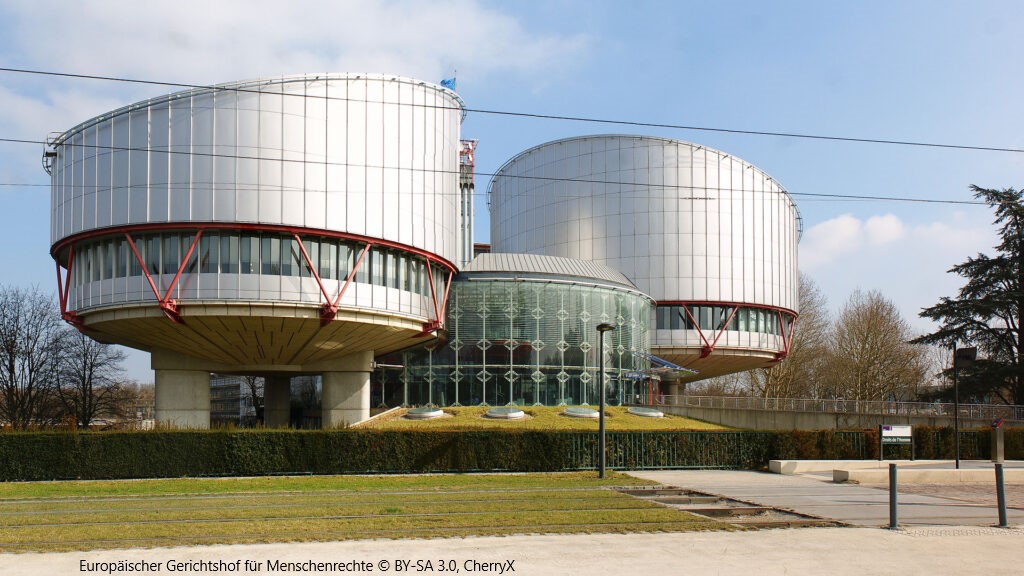Question: Rejections despite interim measures of the ECtHR

I have submitted a question to the Commission on pushbacks at the border between Greece and Turkey. The Commission expresses shock and concern about the reports and replies that it will review the current control mechanisms to safeguard fundamental rights.
You can find the request with answers in several languages here.
My request
As from the Greek Refugee Council reported, 94 Syrians:including minors with health conditions and young mothers with their infants, were recently stranded on an islet off the coast of the Greek regional district of Evros and were forced to stay there for several days without water and food. Although the European Court of Human Rights took interim measures on May 24, 2022, to ensure that these people receive immediate humanitarian and medical assistance and that the reception and identification procedures provided for by law are applied to them, they were returned to Turkey against their will last weekend, according to reports from their family members in Turkey.
- In the Commission's view, are the Greek actions described above compatible with EU law, including the Charter of Fundamental Rights?
- What steps will the Commission take to investigate the possible expulsion of 94 Syrians?
- Does it have information about other illegal refoulements by Greece or about the number of alleged illegal practices at the Greek border?
Answer given by Ylva Johansson on behalf of the European Commission on 08/08/2022
The Commission is deeply concerned by all reports and allegations of refoulement and ill-treatment. Any form of violence or refoulement is unlawful and must be investigated by the national authorities responsible for establishing the facts and taking follow-up action. The Commission is aware of the increasing migration flows at the land border with Turkey in recent months and the threat of smugglers who abandon migrants on small islands in the Evros River.
In accordance with the Regulation with common provisions Member States must establish effective mechanisms to comply with the Charter of Fundamental Rights of the European Union (basic requirements). The Commission is currently assessing the mechanisms put in place in the context of the Greek programs under the Home Affairs Funds, including the independent mechanism for monitoring and preventing refoulement. If the Commission considers that an essential condition is not met, the expenditure incurred under the measures concerned may be included in the payment claims, but reimbursement will only be made once the Commission has informed the Member State concerned that the essential condition has been met.
The Commission examines all relevant information at its disposal and cooperates with the Greek authorities responsible for the control mechanisms and the concrete investigation of allegations. The Commission also works within the framework of the Task Force âMigration Managementâ is working with Greece and providing feedback in this area in order to increase the effectiveness of the monitoring and follow-up modalities put in place by the Greek authorities to fully implement the obligations under the Charter of Fundamental Rights of the European Union and EU law, including the principle of non-refoulement.